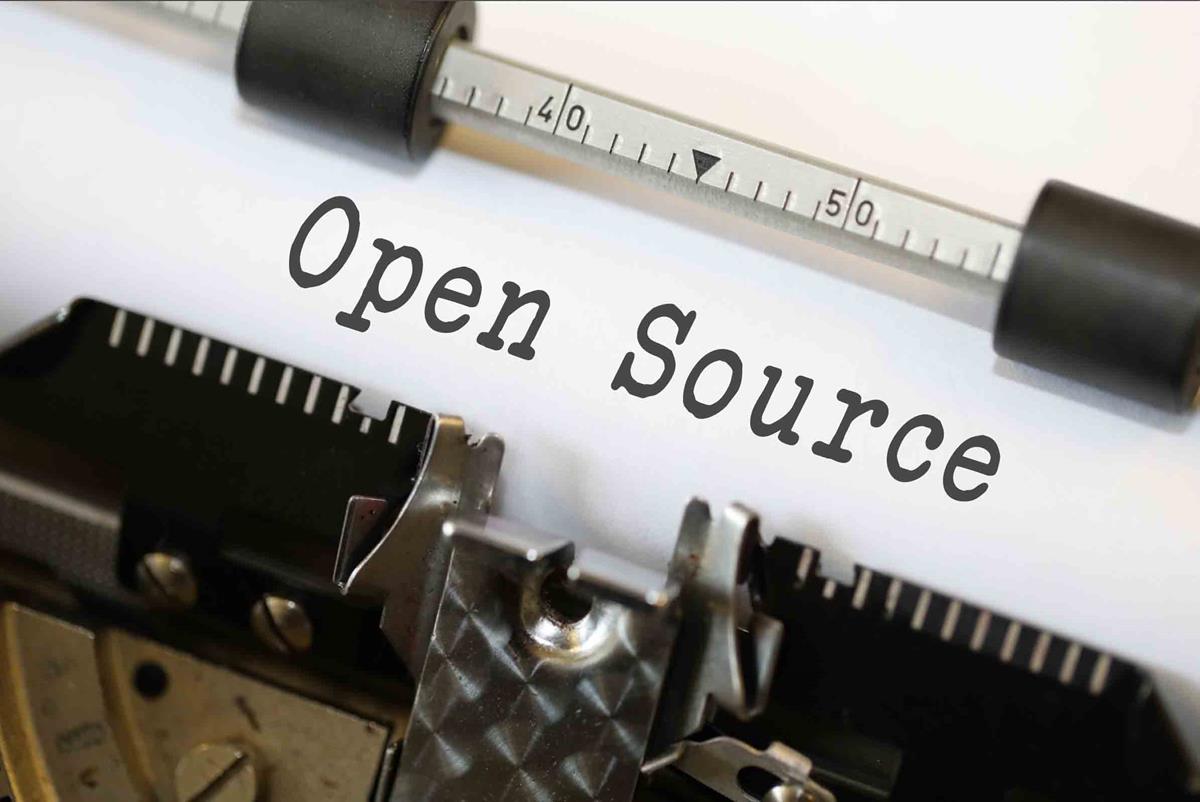 SECURITY
SECURITY
 SECURITY
SECURITY
 SECURITY
SECURITY
A new report from software supply chain management startup Lineaje finds an inherent risk of software supply chains being compromised when using the most popular open-source products and dependencies.
“What’s in Your Open-Source Software?” was based on Lineage Data Labs researchers analyzing 41,989 open-source components embedded in the top 44 popular projects of the Apache Software Foundation across its last three versions. The analysis found that 68% of dependencies are on non-Apache Software Foundation open-source projects that put the foundation’s integrity at risk.
A staggering 82% of components were found to have an “extremely high inherent risk” in that they were inherently risky from vulnerabilities, security issues, code quality, or maintainability concerns.
The popularity of software doesn’t correspond to quality, researchers found. They note that choosing dependencies based on popularity is not a reliable risk mitigation approach and that Apache Software Foundation’s eCharts are a better indicator of more risky packages than safe ones.
Of the vulnerabilities discovered by the researchers, 64% had no fixes available and hence could not be patched. An additional 26% of vulnerabilities were found to be not patchable by the organization deploying or including open-source software. Complete patching, if achieved, addresses only about 10% of the vulnerability exposure of an organization.
Of the tens of thousands of open-source projects decomposed by Lineaje Data Labs, results showed that though most software assessed had high-integrity attestable components, about 3% of all components had no known origin. These are deeply embedded in Apache Software Foundation software and their origin and update mechanisms are opaque.
A little over 5% of components failed a basic integrity check that the package published by developers matched the source code it claimed to be associated with. The researchers claim that this kind of integrity checks would have flagged both the recent 3CX compromise and the SolarWinds compromise.
“It’s imperative that organizations today understand that open-source software has risks and is tamper-able, even if it is very popular or provided by an established brand,” Lineaje co-founder and Chief Executive Javed Hasan said in a statement. “With more software being assembled than built, it’s become more important than ever to have formal tools to discover software DNA.”
Lineaje was previously in the news in February when it raised $7 million in new funding to accelerate its go-to-market strategy and invest in continued research and development. Investors in the company include Tenable Inc., Dreamit Ventures LLC, Veear Projects Inc. and Belltower Fund Group LLC.
THANK YOU